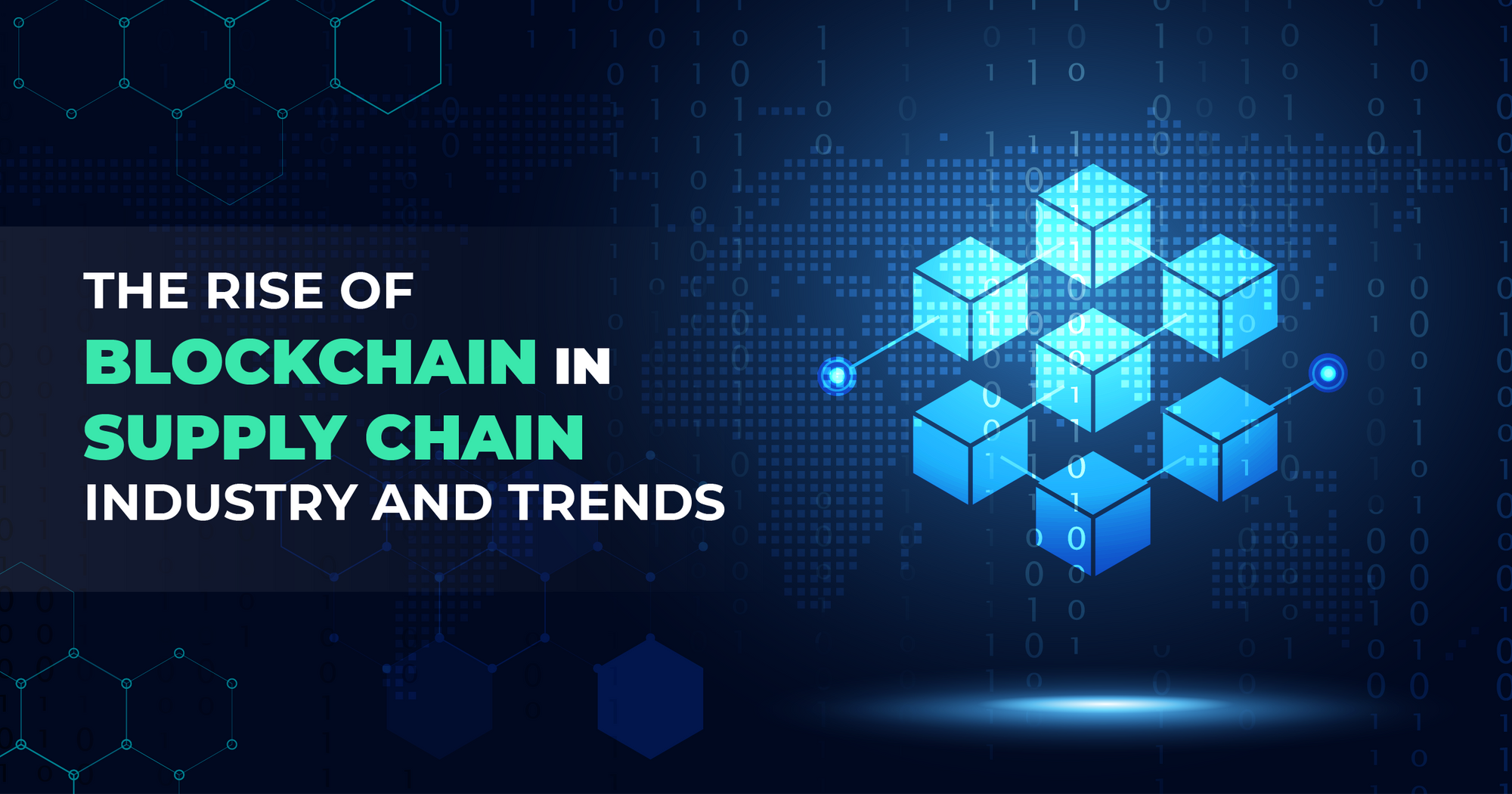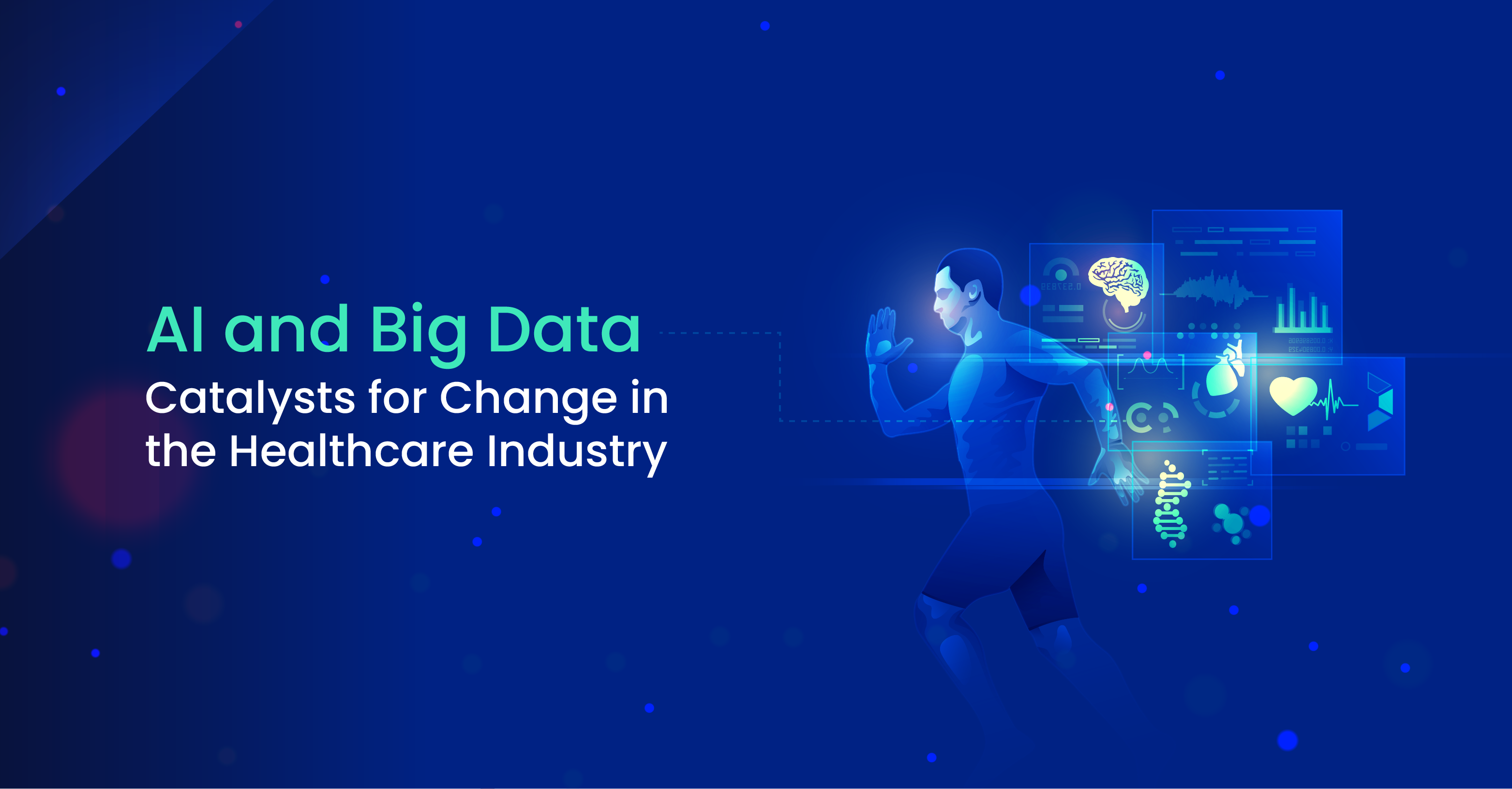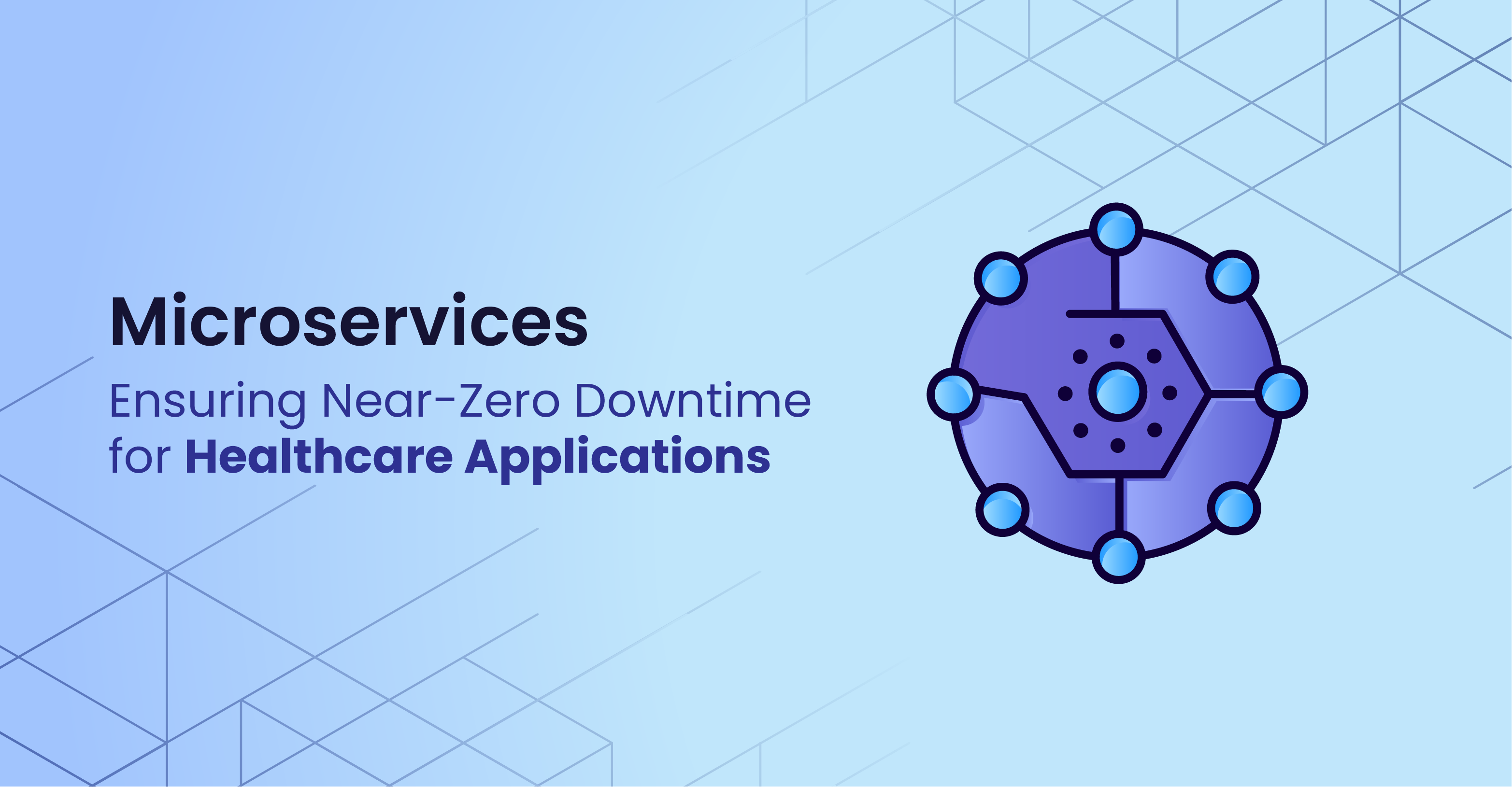Blockchain has provided real security to data transfer and has now become an acclaimed method to adopt no matter what field companies belong to. Blockchain is a distributed ledger technology where blocks are encrypted with the SHA-256 algorithm. The blocks are added to previous blocks that form a chain and which cannot be altered, interrupted, or stolen.
Blockchain revolutionized several sectors like finance, the healthcare industry, voting systems, gaming, and many. In a report by CB Insight, its annual spending will grow up to $ 16 billion by 2023. It is considered one of the most secure technologies that will play a key role in the health sector. Blockchain technology can transform healthcare by placing patients at the center of the healthcare ecosystem and improving the security, privacy, and interoperability of healthcare data. Before organizations across the country can implement blockchain in healthcare, many technical, organizational, and behavioral issues must be resolved.
Challenges in Healthcare Industry is the New Normal
According to NIST (National Institute of Standards and Technology) the benefits of blockchain technology include security against unauthorized access, the decentralized nature of the digital ledger, and the inability to modify the subsequent transactions in the community of users who share the ledger.
In the healthcare field, critical information is scattered across multiple systems and sometimes may not be available when it is most needed. There exist some challenges in our health sectors that need to be resolved before implementing blockchain or revolutionizing them.
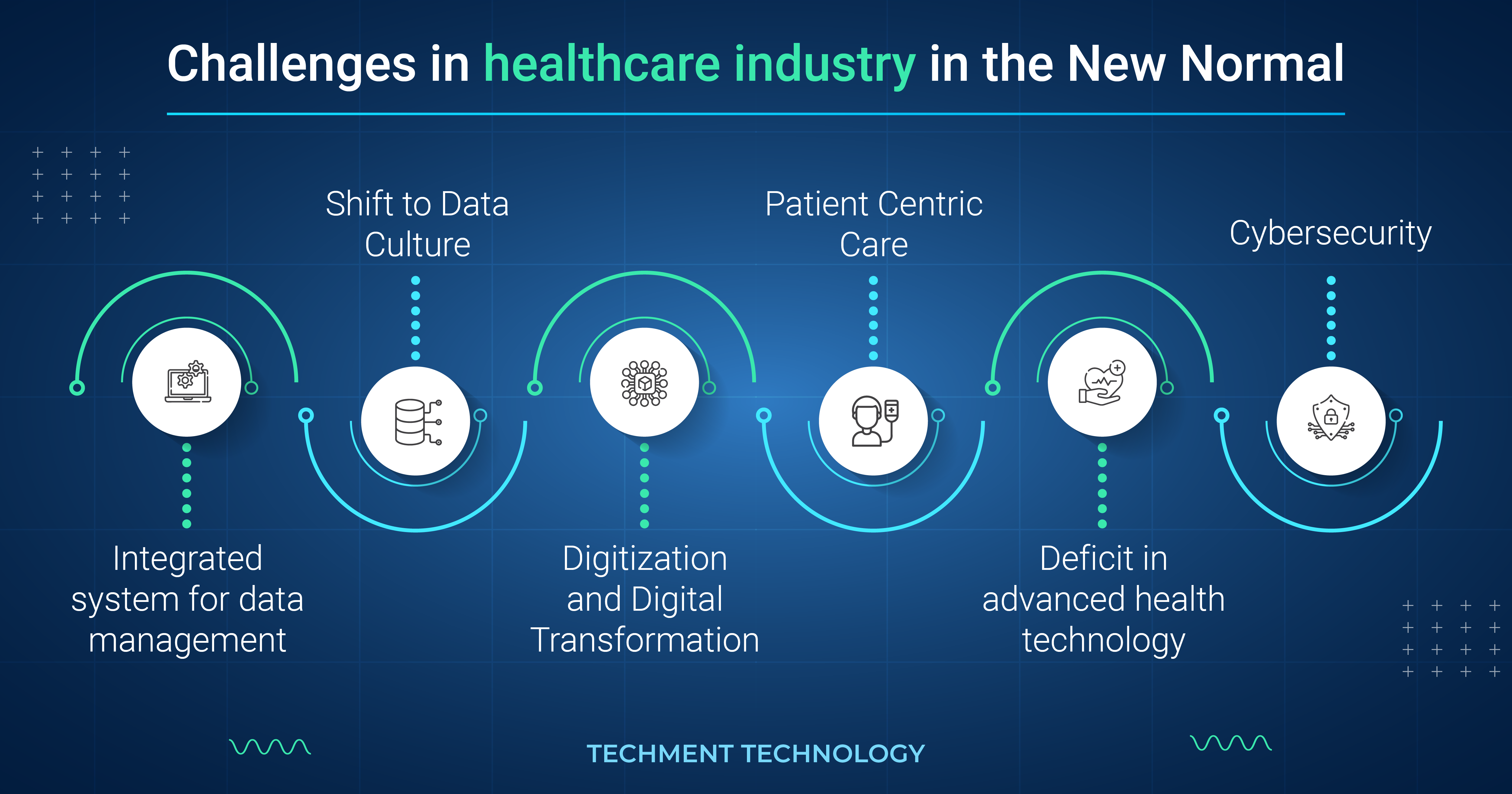
- Integrated System for Data Management: Patients’ medical records are growing with time so the need for a proper data storage system and management. In the era of information technology, the healthcare industry needs to process a large amount of data from all final medical records in the department, surgical reports in the intensive care unit, CT scans, MRIs, X-ray machines and other equipment. The amount of data is so large that hospitals need efficient storage to effectively manage their databases and are looking for storage professionals.
- Deficit in Advanced Health Technology: In the current tech world, both software and hardware are changing rapidly. Everything is now integrated with AI and advanced technology. Hospitals too need updated software like patient booking software, administration system software, lab information software, etc. that are powered with AI for the synchronous working of all segments and most of the health care institutes lack these.
- Cybersecurity: Connected medical devices among different health institutes have always attracted hackers. Premises need robust security systems to prevent data loss and data theft. According to HIPAA Journal, March 2021 alone saw the data breach of above 2 million records among which the maximum was due to hacking whereas others were due to unauthorized access or disclosure.
- Digitization and Digital Transformation: Though many technologies have been transforming healthcare, still a vast majority of care providers have not begun Digitization. The trend needs to pick up pace for the benefit of every technology to be successful.
- Shift to Data Culture: For long the regulations have hindered the advent of digital, and the biggest challenge is to break the old mindset and embrace the data culture for an efficient healthcare system.
- Patient Centric Care: Patient has never been at the center of the care system. With the rise of telehealth and other industries that have prioritized customers, care providers too need the shift, and those who do will grow exponentially.
Healthcare companies need to be aware of these new technologies and changing market practices. To avoid health problems, it is important to map the needs and preferences of consumers and formulate implementation methods on this basis.
Technologies that are Transforming Healthcare
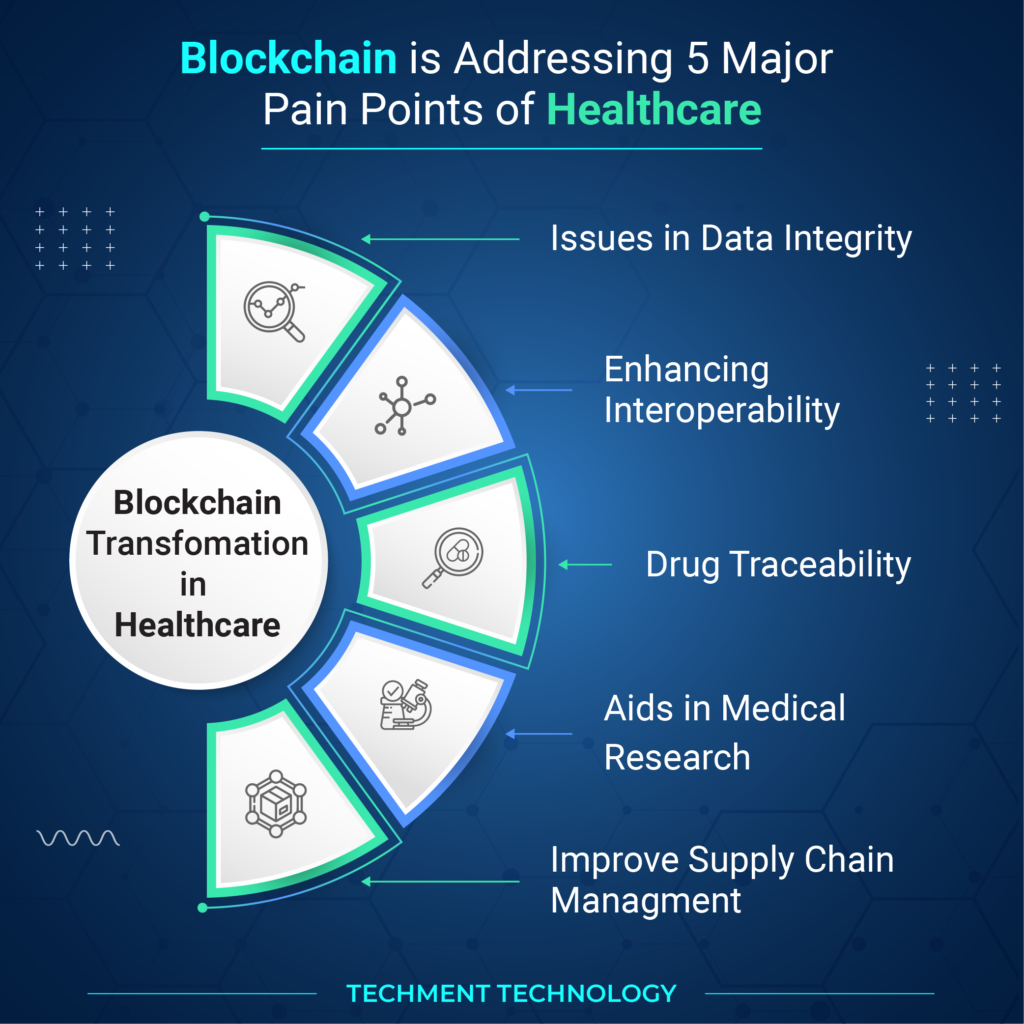
- AI: AI has played a significant role in the health industry. The introduction of AI and machine learning has enabled users to make more accurate decisions and has made consultants more aware of the patients’ queries. AI in cardiology and radiology has enabled doctors to detect severe disease in the early stages.
- Cloud Computing: In addition to the rapid growth of medical data, it is also important to safely store the data generated every day. Unlimited storage space is one of the main advantages of cloud computing.
- IoT: You can track patient compliance with treatment plans or emergency medical needs. The data collected from IoT devices can help clinicians determine the best course of treatment for patients and achieve the desired results.
- Telehealth: In countries like the US & Germany telehealth was already a part but most developing and underdeveloped nations still lack this facility. Pandemic taught the importance of telehealth so that patients can consult without visiting hospitals.
- Blockchain: It has envisaged facilities in these aspects;
- Protecting medical data from breach.
- Electronic data management
- Point-of-care genomics.
- Managing electronic medical record data (EMR)
Most Significant Use Case of Blockchain in Healthcare
- Data Integrity: You can record the information and encrypt it so that no one can change or delete it. The blockchain securely records data and links it to a distributed public ledger. This method generates a data integrity test so that the user can verify the timestamp of the data. No need to rely on third parties.
- Interoperability: It creates a centralized database synchronized via the Internet and realizes seamless data exchange between the users and stakeholders.
- Drug Traceability: Product distribution usually requires complex packaging, unpacking, and repackaging processes, which makes drug procurement and traceability difficult. Blockchain provides a cost-effective solution that supports multiple drug tracking functions and processes to determine the correct identification, traceability, traceability, and source.
- Aids in Medical Research: Blockchain also helps to ensure safe and reliable data exchange. The patient data contained in the blockchain platform can be anonymized, and only trusted individuals can associate medical information records. Researchers can analyze unidentified data and request patient access to use their information in medical research.
- Enhanced Supply Chain: In the supply chain management of health care, blockchain transactions are particularly important and should be integrated into the entire process of medical devices, because all transactions are recorded in a public ledger and each node can instantly record transactions, check the sources, suppliers and distributors of medicines. In addition, the distributed blockchain ledger enables health officials and doctors to review and verify supplier credentials.
The Blockchain Revolution in Healthcare
As the technology evolved there have been changes in health sectors with changing technology. The Industrial revolution first brought changes in the health industry, then came the large production era with upgraded technologies. Then came information technology and now with artificial intelligence, data automation, and blockchain another revolution is on the verge. Some termed it as health 4.0.
Cryptographic structure in blockchain has made it difficult to interpret information that falls into the wrong hands. In terms of accessibility, health data can be retrieved from anyone and anywhere through mobile connections and corresponding login details. This approach can significantly reduce the transaction costs of exchanging information. In fact, like any digital solution, data manipulation and unauthorized access are huge problems, and blockchain seems to alleviate these problems to a certain extent.
Although the blockchain can provide a good information exchange platform, it would be too simplistic to assume that the above benefits will automatically occur after the implementation of the blockchain system. blockchain platforms will need to possess a balance of guidelines to allow for broad use as well as the flexibility to accommodate local practice variation
In order for blockchain technology to prevail in the healthcare system, industry leaders and policymakers, as well as private and public authorities, must work together and adopt a unified approach.
 All Posts
All Posts
